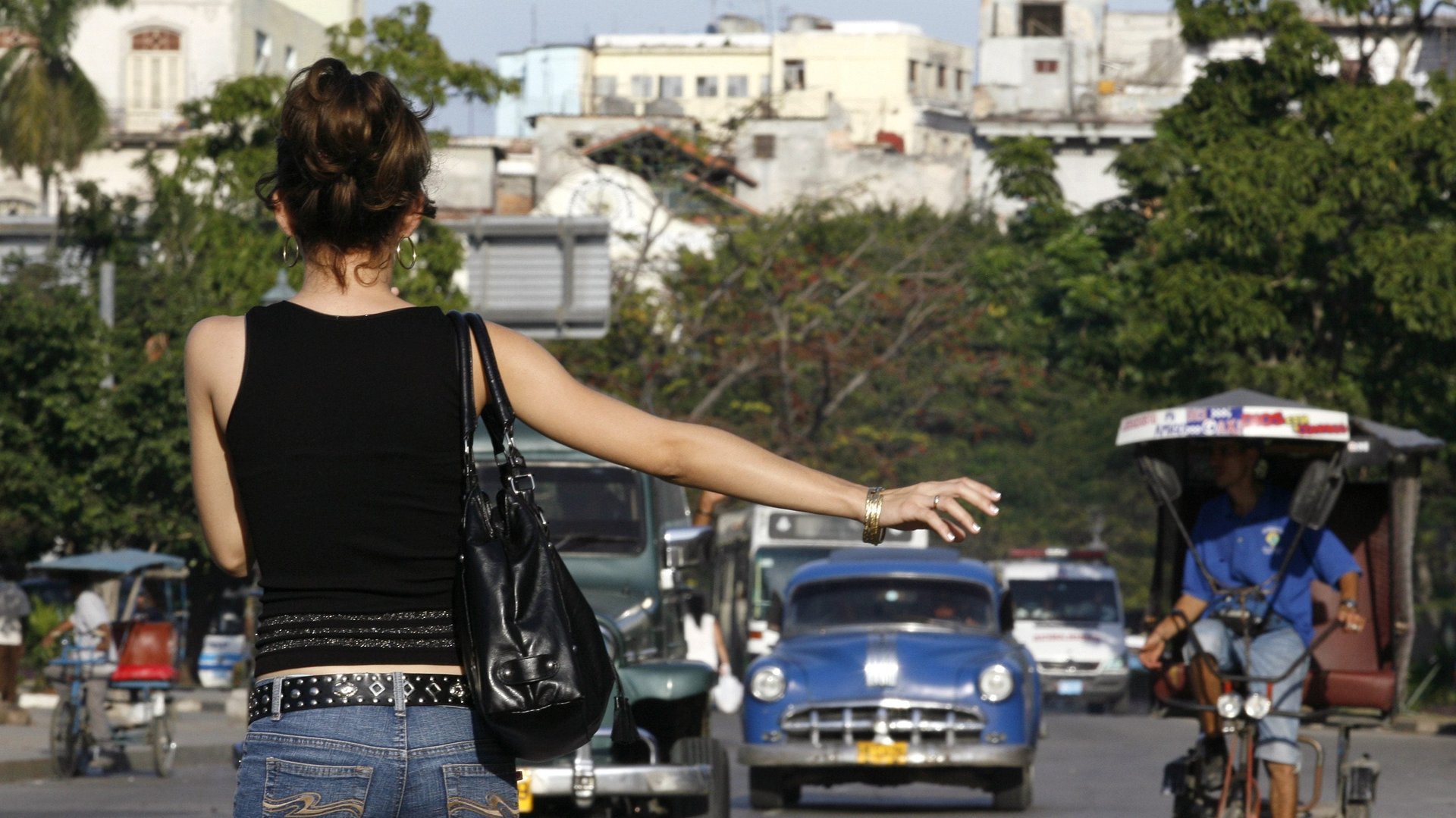People are more likely to take Uber at 2.1x surge pricing than 2x
People aren’t always rational about surge pricing. That’s the surprising tidbit from an interview that Keith Chen, head of economic research at Uber and a behavioral economist at UCLA, gave to NPR’s Hidden Brain podcast on May 17. In fact, Chen tells NPR, “more people will take a ride at a surge multiplier of 2.1 than would take a ride at 2.”


People aren’t always rational about surge pricing. That’s the surprising tidbit from an interview that Keith Chen, head of economic research at Uber and a behavioral economist at UCLA, gave to NPR’s Hidden Brain podcast on May 17. In fact, Chen tells NPR, “more people will take a ride at a surge multiplier of 2.1 than would take a ride at 2.”
Chen explains that people are more likely to see a 2.0 multiplier as “capricious and unfair.” The round number, he says, can make it feel like “somebody just made that up.”
Like, you know, they must have seen it was raining and just decided to mess with me, right? Whereas if you say, oh, you know, your trip is going to be 2.1 times more than it normally does—wow, you know, there must be some smart algorithm in the background here that’s at work. It doesn’t seem quite as unfair.
This round-number effect also holds on the other side of 2.0.
So when you go from 1.9 to 2.0, you see six times larger of a drop in demand than you saw from going from 1.8 to 1.9. So the amount more that you’re paying for the trip is the same between those two steps, but 2.0 just feels viscerally larger to people, right?
Last June, a working paper from the National Bureau of Economic Research found that sellers who listed items on eBay with round-number prices were participating in a “cheap-talk signaling equilibrium.” They received lower offers in less time than similar merchandise with “precise-number” listings, and were more likely to close the sale. Buyers interpreted the round-number prices as a sign that those sellers were more willing to negotiate on pricing.
That same theory might explain why surge pricing at 2.0 in particular irks Uber’s customers. On some level, 2.0 signals a willingness to negotiate, but Uber doesn’t budge.